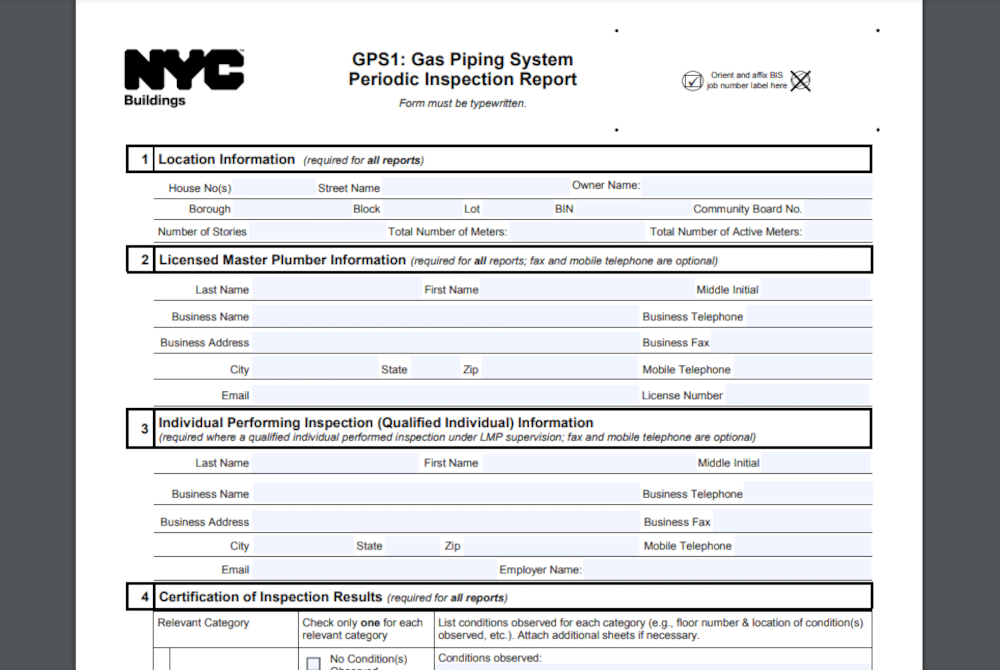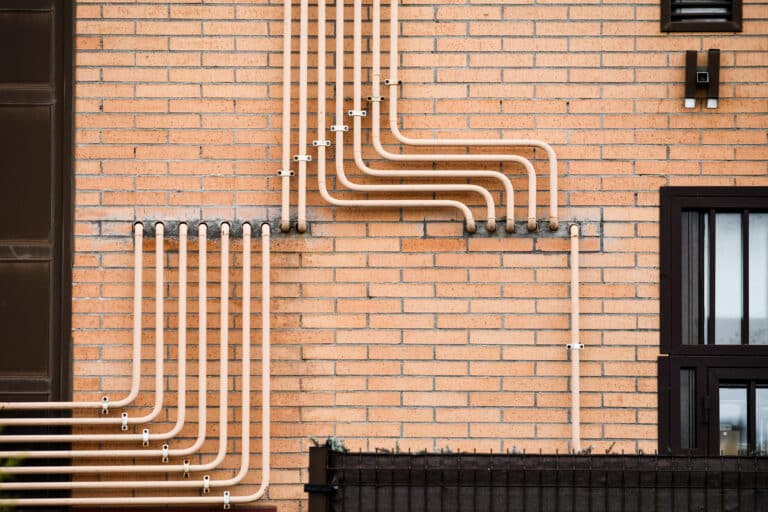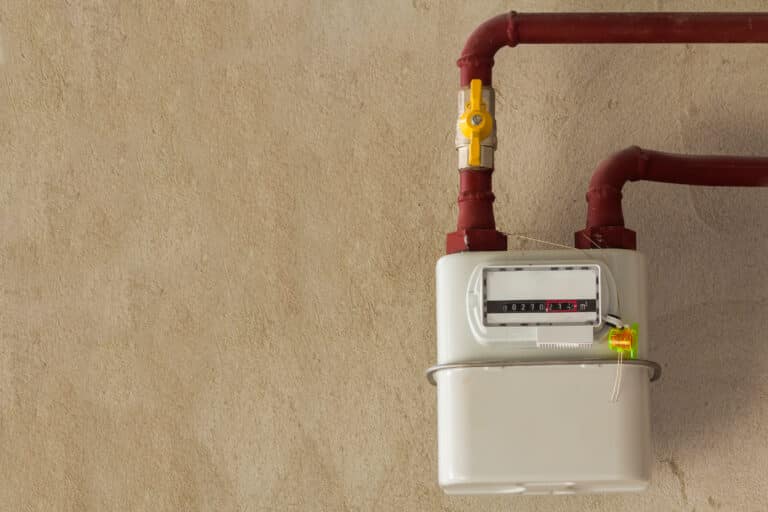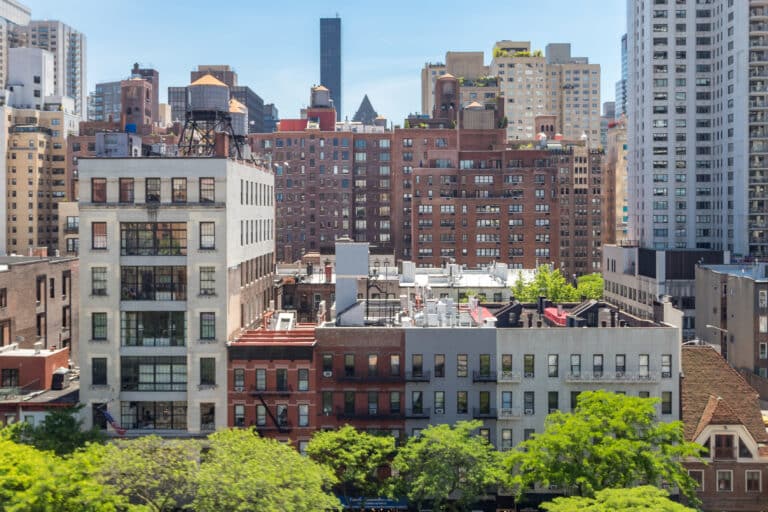NYC DOB Local Law 152 requires many building owners to obtain gas piping inspections of their properties. This regulation affects around 280,000 buildings in the city and is being carried out in a four-year cycle. Failure and comply with the regulation can result in a $5,000 civil penalty.
If your property falls under LL152, you must contact a qualified plumber to handle your inspection. This professional will perform a visual inspection along with gas leak detection of all the exposed gas piping in the building up to the tenant spaces. Within 30 days of your inspection, your plumber must give you an LL152 inspection report with any findings.
In this article, we are going to look at the Gas Piping System Periodic Inspection Report (GPS1) so that you can make sense of the results. Understanding the GPS1 will help you take the steps necessary to bring your building into compliance.
Location
The first section is simply information about your building. The plumber will note the address and location along with the number of stories and gas meters involved. This information ensures you are receiving a report for the right place.
N.Y.C. Licensed Master Plumber Information
An N.Y.C. Licensed Master Plumber (LMP) has oversight for all LL152 gas piping inspections. In some cases, the LMP may perform the inspection. In others, a plumber trained in gas piping inspections may handle the task. However, the report is not official until it has been signed and sealed by the LMP.
Individual Performing Inspection Information
If the plumber performing the inspection is not an LMP, they will fill out this section. The NYC DOB keeps an up-to-date list of qualified inspectors.
Inspection Results
This section is at the heart of the LL152 inspection report, listing various categories of inspection findings. For each category, the inspector can check “No conditions observed” or “Conditions observed.” If the inspector finds an issue, it must be described in the adjoining “Conditions observed” section.
Improper Use of Flex Hose
The NYC DOB allows the use of flex hose for gas lines in specific situations. The pliability of the material makes it helpful for connecting some appliances. However, there are regulations about the permissible length of flex hose used in connections. Certain appliances can use flexible connectors, but others must be hard-piped for safety. If flex hose is used improperly in your building, it will show up as a problem to repair in your report.
Illegal Connections
Illegal gas line connections can result in gas leaks and explosions. In many cases, the people connecting these lines use improper connections or materials. The inspector will report any non-code-compliant connections found during the inspection.
Gas Leak
As part of the LL152 inspection, the inspecting plumber will perform a leak survey using a combustible gas detector. Gas leaks are a serious safety hazard in any location and must be addressed quickly. A gas leak will result in an immediate notification to you, your gas company, and the DOB.
Worn Parts
A Local Law 152 gas pipe inspection involves a visual examination of the exposed pipes on the property. The inspector will look for signs of wear and corrosion. While the law allows a small amount of atmospheric corrosion, the inspector must report any equipment that presents a safety concern. Highly worn equipment can result in gas leaks.
Other Unsafe Conditions
This section of the report is reserved for any additional issues the inspector deems unsafe. If it is not an immediate hazard, you will have 120 days from the initial inspection to make the repair.
Certifications
Both the inspecting plumber and the LMP (if not the inspector) must certify the report with their signatures. The LMP will also add an official seal.
Reporting Immediate Hazards
The LMP has 30 days from the initial inspection date to send you the report. However, immediate hazards require a faster response. The LMP must report conditions like illegal connections, unsafe corrosion levels, and gas leaks to you, your gas provider, and the DOB as soon as possible.
Handling Repairs
Within 60 days of your initial inspection, you will submit your Gas Piping Periodic Inspection Certification even if the report requires repairs. From there, you will have 120 days from the initial inspection to make repairs and resubmit the certification showing that all issues have been corrected. The plumber can also request additional time which gives you 180 days from the initial inspection date. This new certification also requires the signature and stamp of an LMP. All repairs must be handled according to DOB code regulations with the proper permits.
Choose an Experienced N.Y.C. Licensed Master Plumber
Understanding the LL152 inspection report is part of ensuring the safety and integrity of your building’s gas piping system. When it comes to these inspections, you need a trusted partner who understands the process. With our extensive experience and commitment to excellence, we provide LL152 inspections that are thorough, accurate, and hassle-free. If it’s time for your LL152 inspection, remember that HBNY Plumbing & Heating is just a call away.





